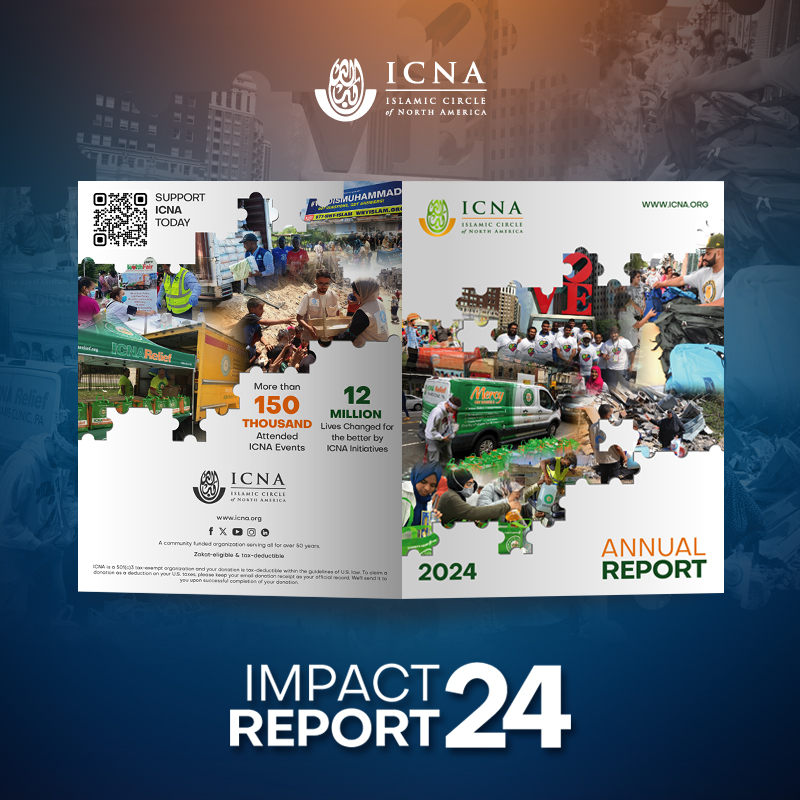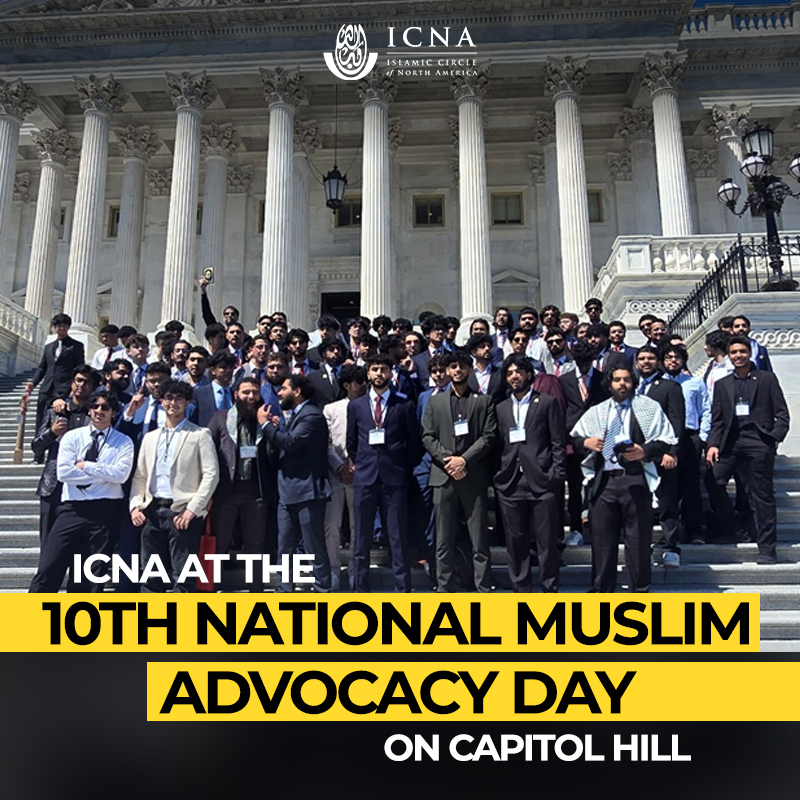Societal Changes and Shifting Morality
A few months ago, while scrolling YouTube, an 80s movie I’d watched with my son appeared. Clicking for a glimpse, I noticed the actresses’ dresses, reminiscing about how society has changed due to technology. Everything, from fashion to eating habits have changed,, and opinions on right and wrong are now up for debate as the world rapidly transforms.
What is Morality and Why is it Needed?
According to Oxford Dictionary morality is “a particular system of values and principles of conduct, especially one held by a specified person or society.”
Humans possess a fundamental sense of morality, but its intricacies can lead to complexity. Take, for instance, those who condemn murder and capital punishment, yet support abortion as a matter of choice.
If moral values are fluid and open to change according to the whims and wishes of a group of people, it would cause massive corruption as the powerful in any society will assert their influence and suppress the masses.
One might argue that constitutional laws are based on logic to cater to the needs of the people. However, how do we interpret the vast difference in these laws? Consider the diverse legal age of marriage worldwide: some places allow marriage at 12, deeming it acceptable, while elsewhere, it’s classified as child abuse. Surprisingly, in California, there is no legal age for marriage while New York amended its laws not too long ago.
We assume that we have the liberty and a free will to live by our wishes however we want. In reality, at any given time, we are constantly following some type of standard. It is the conditioning that we are exposed to in any given society that forms our perception and ideas about life. That is the reason why different regions have different cultures and traditions.
So if the cultures are so vastly different from each other then how do we know if a certain speech or action is right or wrong? Who determines what is evil and what is good? How do we know if a certain action is beneficial or a means of corruption? One nation may be called civilized at a given time, yet a change of era may characterize that nation as not so civilized after all.
Who Sets the Standards?
Science is usually taken as a criterion whereby everything is based on qualitative and quantitative evidence. As we progress technologically, we are able to make better equipment to measure and experiment with. This enables us to measure things more appropriately and revise the scientific theory. There will never come a time when we can say that science can explain all the things in the universe as facts. After all, we have been in this universe for millions of years and the scientists can’t agree on some of the basic theories.
Similarly, the concept of morality varies greatly across cultures and eras. Culture is also one such lens through which people view morality. In pre-Islamic days, it was an acceptable practice to bury baby girls alive. Nowadays, in some countries this same practice has shaped into aborting female fetuses. One can clearly see the problem of taking morality from culture alone.
Islam’s Perspective
Islam emphasizes morality and provides well-established laws and principles for a healthy society. Unlike cultural perceptions of right and wrong, Islamic laws are unchanging, yet adaptable to diverse cultures worldwide. What was immoral in the past remains so, regardless of societal norms today.
The Islamic guidelines have endured the test of times and there is nothing that needs to be reformed. These laws are God centric and emanate from belief in one true God. It’s this very belief that transformed an unruly, divided pre Islamic society into one of the greatest civilizations of the world known as Islamic civilization. Oneness of God provides an anchor for a society that benefits the whole of mankind.
Embracing Divine Guidance
The One who created us has the wisdom to know what is good for us. Just like every sophisticated machine or program comes with its user manual, we too are given instructions to abide by so as to achieve a balance in life and prosper collectively. There is no other creation on this planet who is intellectually superior than us. Then how can we not have guidelines?
One argument against Islam is that it imposes numerous restrictions, and some argue that humans should have more freedom to pursue happiness. However, consider the implications of complete freedom, like someone crossing a red light for their momentary joy. If this mindset becomes widespread, it could lead to chaotic and dangerous consequences.
How Divine Guidance Shapes Society’s Well-Being and Choices
As of 2020, the USA had over 16,000 rehab centers, and the numbers are increasing. However, in Medina, when divine revelation prohibited alcohol, the streets were filled with discarded alcohol, and there was no need for rehab centers. This was because the faith of the people in the Almighty and All-Wise God led them to believe in adhering to the code of life revealed by Him. This is not to take away from the importance of rehab centers, but religion and God play an important role in the healing process. Understanding that what God legislates is ultimately moral and in the best interest of the individual and society gives one strength to make the right decision.
Have more questions? Call 877-WhyIslam, you deserve to know!





